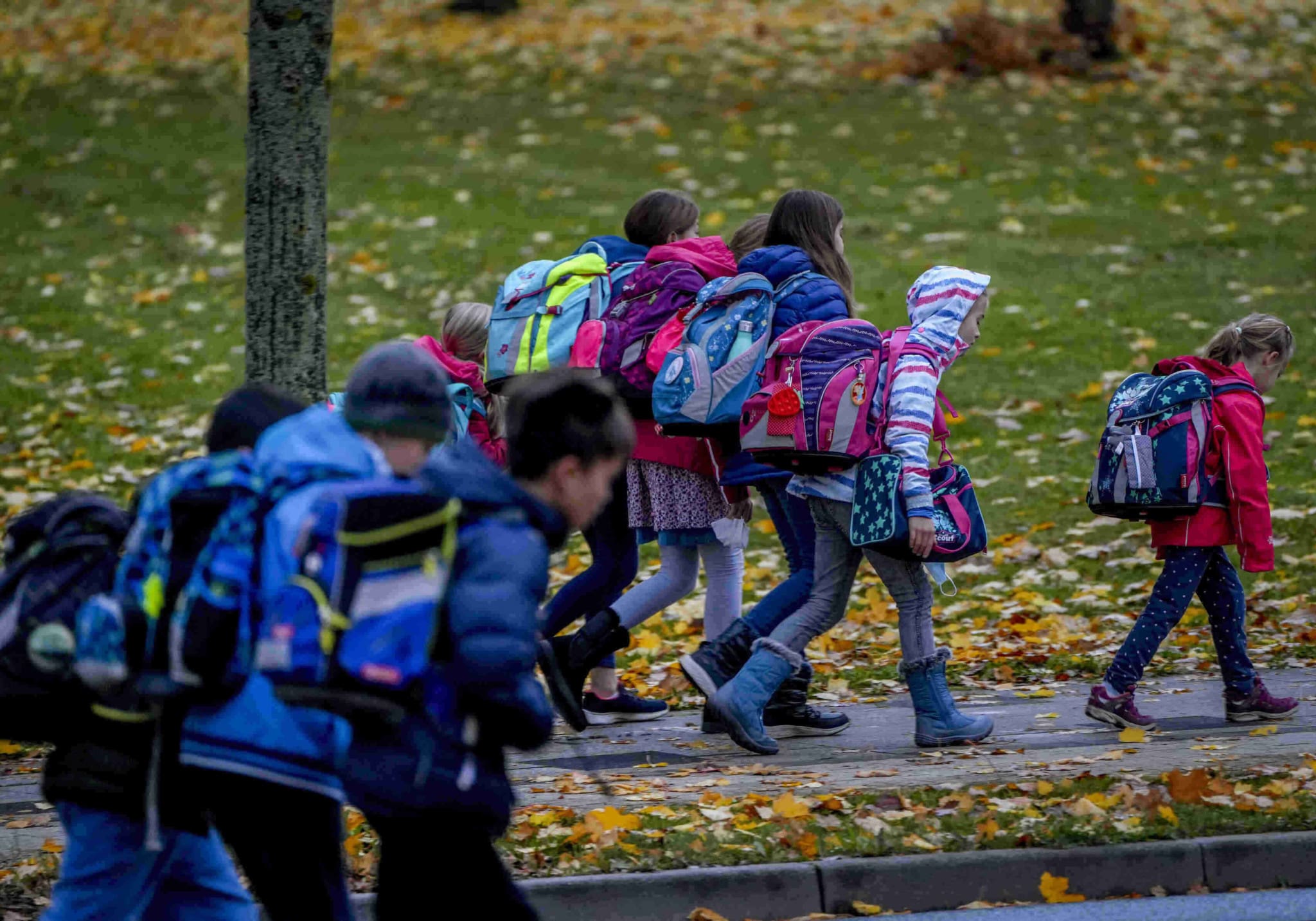The Standing Conference of the Ministers of Education and Cultural Affairs (SWK) has complained about a large number of primary school students who, when comparing education levels, fall short of expectations, according to German media outlet Junge Freiheit.
According to the Standing Conference work program for the coming year, a considerable and increasing number of children do not achieve the minimum professional standards in German and mathematics.
“There are still too many children across Germany who leave primary school without being able to read and write adequately. Therefore, we will devote ourselves to the question of how the lessons should look like to support and challenge all children in the best possible way, regardless of where they live, where they come from, or where their parents come from,” announced Felicitas Thiel, the Berlin educator, and the SWK chairwoman.
In primary schools, the differences in performance between children are significantly greater than in other types of school.
Shortcomings can impair entire school career
“Different cognitive skills, linguistic backgrounds, social experiences, economic situations, and cultural orientations come together,” states the SWK work program, which sees this as not just an opportunity, but also a challenge.
The often inadequate reading and writing skills are also amplified by the Covid-19 pandemic.
“Independent learning in the first years of school just doesn’t work. Students need a relationship with their teachers,” said Heinz-Peter Meidinger, the chairman of the German Teachers’ Association, to the Bild daily.
He noted that teachers reported “sometimes terrifying” shortcomings of their students.
“What is missing in the first few years can only be made up with great difficulty,” Meidinger explained, adding that difficulties with reading and writing often impair the entire school career.






